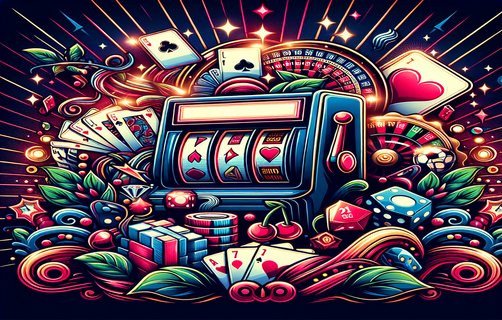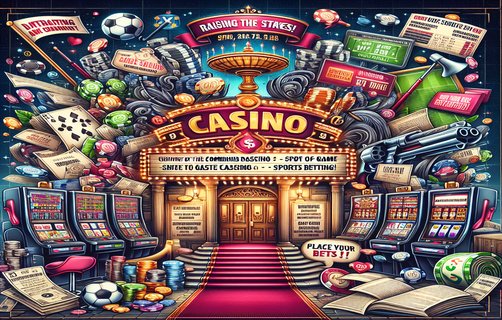Exploring the Dynamics of Poker: A Comprehensive Analysis
पोकर डायनामिक्स का अन्वेषण: एक व्यापक विश्लेषण
Poker, a game that blends strategy, skill, and chance, is a rich tapestry of psychological warfare and mathematical precision. Understanding its structure is crucial for players at every level, particularly when it comes to areas like fixed moves, time limit turns, and the ever-persistent card luck factor. Each aspect contributes uniquely to the game's overall experience and outcomes.
Fixed moves in poker often create an environment of predictability. In traditional poker games, the structure allows for varied play styles; however, when moves are fixed, players might find themselves funnelled into a narrow range of strategies. This can lead to less dynamic gameplay, as predictability diminishes the element of surprise. For instance, in a fixed moves setting, players must find creative ways to outthink each other, navigating around the constraints that such a structure imposes.

Time limit turns further complicate the strategic depth of poker. While time constraints can enhance the pace of the game and keep the momentum flowing, they also add pressure that can lead to hasty decisions. Psychologically, players may feel rushed, leading to mistakes that wouldn’t typically occur in a more relaxed environment. This element can skew the game's outcomes, heavily favoring those who thrive under pressure while disadvantaging more meticulous strategists who prefer to analyze their options thoroughly before making a move.

The card luck factor is an undeniable aspect of poker. While strategy and skill are paramount, chance plays a crucial role. The randomness of card distribution introduces a layer of unpredictability that can change the course of a game in an instant. Players often rely on statistical probabilities and game theory to mitigate this luck factor, but the nature of the game ensures that an unexpected turn with a particularly fortunate or unfortunate hand can dictate the winner.
The concept of tiles could be considered a metaphor for the various combinations of cards players hold. In poker, every hand can be visualized like pieces on a board, with each tile representing a potential move or outcome. Custom mappable boards could allow players to adapt their strategies based on their hand's composition and the actions of others at the table. This flexibility could pave the way for novel gameplay mechanics that integrate more tactical elements, appealing to a wider audience and providing deeper engagement.
Resource limit rules, such as stack size in tournament play, significantly impact strategy and play style. Players must manage their chip stacks carefully, making calculated risks based on their current situation. A well-timed all-in can either propel a player into a dominating position or result in their elimination. The psychological warfare associated with resource limits adds an additional layer of complexity, forcing players to balance their aggression with caution, continually weighing the risks versus rewards of their decisions.
In conclusion, the intricate interplay between fixed moves, time limit turns, the luck factor, tiles, customizable boards, and resource limit rules shapes the essence of poker. Players must adapt to these dynamics constantly to gain an upper hand, illustrating the game's enduring appeal. Poker is not merely a game of chance; it is an art form that requires a deep understanding of human psychology and strategic depth, making it a fascinating study for enthusiasts and scholars alike.

comments
AceHigh
This analysis beautifully captures the complex dynamics of poker and how they affect gameplay.
ChipstackMaster
I never thought about the impact of fixed moves on my strategy. Very informative!
BluffingQueen
Time limit turns really do add pressure! I've lost many rounds just being rushed.
PokerNinja
The card luck factor can really swing the game in unexpected ways.
StrategicGambler
Resource limit rules are pivotal to how I approach tournaments.
RoyalFlushRider
Great insights on player psychology. It’s a game of minds!